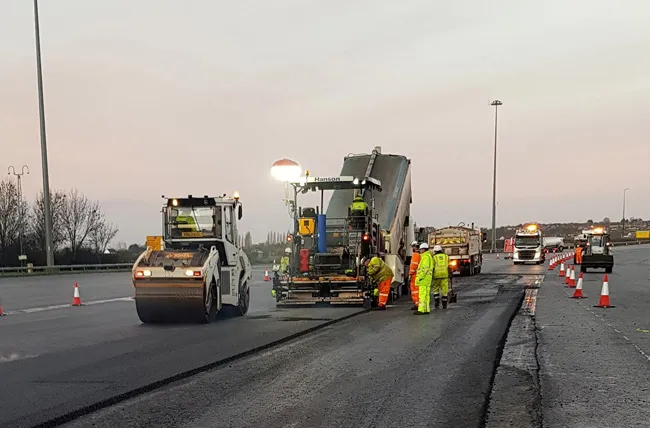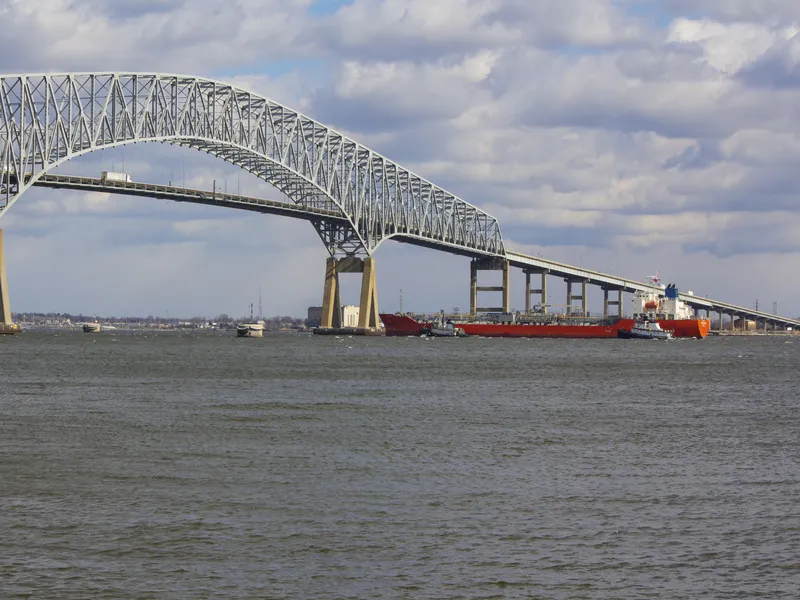
The contract for
Over the last few weeks Hanson has laid more than 10,000tonnes of base, binder and surface course material to complete the remodelling of the westbound side of the M4 Prince of Wales Bridge. The contracting team laid the final 2,200tonnes overnight in just 12 hours – more than double the amount usually handled on a regular motorway nightshift.
As well as resurfacing the toll booth area, the work has included 950m of the westbound carriageway and a new emergency access road.
Next month (May), the Hanson team will start a similar job on the M48 Severn Bridge; resurfacing the toll booth plaza as well as 1.5km of carriageway on both sides of the bridge.
Hannah Milliner, Severn Bridges General Manager at Highways England said: “This is a significant project for the region and Hanson has worked collaboratively with Highways England and its contractors to ensure that we deliver these works both safely and to schedule. Hanson has played an important part in making toll removal a success. We are currently reaching the final stages of the scheme and drivers will soon be able to benefit from free-flowing motorways.”









